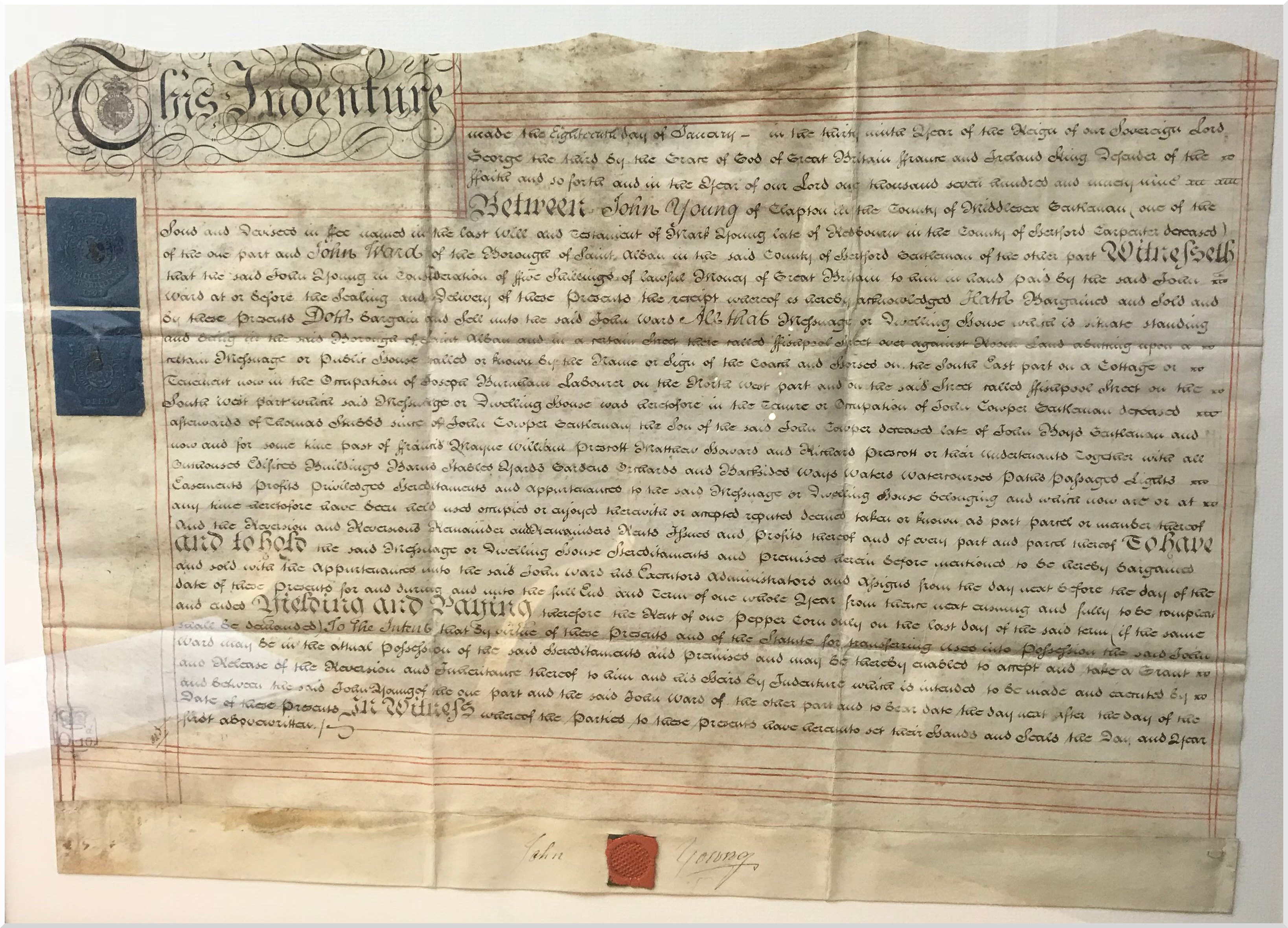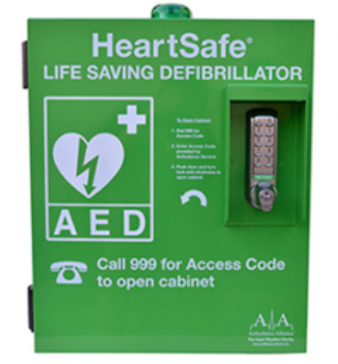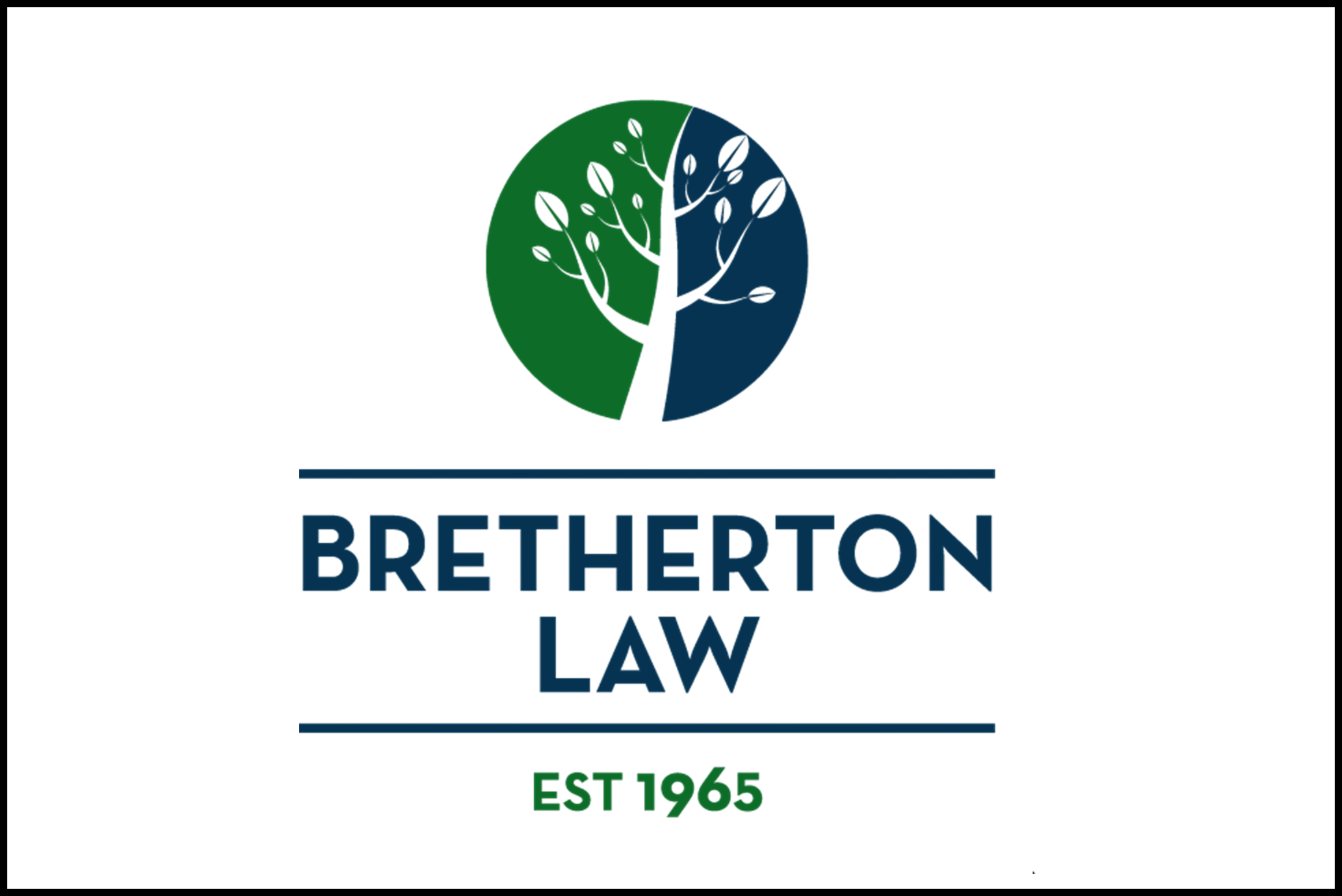 As the beneficiary of this year’s Bretherton Law Quiz we have chosen St Albans Citizens Advice, one of 280 local independent charities making up the Citizens Advice network in England and Wales giving free, confidential information and advice to those with financial, legal, consumer and other problems.
As the beneficiary of this year’s Bretherton Law Quiz we have chosen St Albans Citizens Advice, one of 280 local independent charities making up the Citizens Advice network in England and Wales giving free, confidential information and advice to those with financial, legal, consumer and other problems.
Previously known as the Citizens Advice Bureau the origins of the organisation can be traced back almost 100 years to the findings of the Betterton Report on Public Assistance in 1924. This suggested that advice centres should be set up to help the public deal with financial and other social problems in the aftermath of the First World War, and the economic stagnation and unemployment which followed. The depressed economic climate continued into the 1930s, and with the threat of imminent conflict in Europe the National Council for Social Service called for a network of Citizens Aid Bureaux to be set up should war break out. On 4th September, 1939, four days after war was declared on Germany, the first 200 of these bureaux opened around the country.
Many of the Aid Bureaux were run initially by respected people in the local community, and were often offshoots of existing organisations such as Toc H and Rotary Clubs, or established charitable foundations in larger cities, such as the Liverpool Personal Service Society. By 1942 there were 1074 bureaux, often operating from improvised offices in cafes, church halls and air raid shelters, as well as mobile offices offering advice services to the widest possible numbers of people. Naturally many of the problems dealt with were war-related, such as tracing prisoners of war, evacuations, or pension queries, as well as more mundane issues such as lost ration books.
With the end of the war many bureaux were closed, although the chronic housing shortage ensured that a clear need for advice services to the public remained. Funding cuts in the 1950s meant that by 1960 only 415 bureaux were still operating, with the service helped by support from other voluntary organisations such as the Nuffield Foundation, Carnegie Trust and the Joseph Rowntree Foundation. In 1972 the Citizens Advice service became fully independent and the following year the government launched the National Association of Citizens Advice Bureaux, with funding to enlarge the network.
In 2015 Citizens Advice dropped Bureau from its name in a re-branding exercise designed to embrace the digital age. In recent years Citizens Advice has taken over some roles previously performed by the Office of Fair Trading, Victim Support and Consumer Focus, and in 2016 the National Association had revenues of over £88 million. In 2018/19 there were over 28 million visits to the national Citizens Advice website, and over 1.25 million people were helped face to face by the network. Local authority sources still contribute 60% of the finance for the network of local Citizens Advice charities, and in times of budget cuts funding remains a major issue. Although a national brand and association of members, local services are heavily self-funded, relying largely on donations and fund-raising to operate.
At Bretherton Law we regularly work with clients whose problems can be directly linked to social issues which make it difficult for them to lead a normal family life. Many of our clients have already contacted Citizens Advice, receiving the practical help they need and the reassurance that they are not alone. Bretherton Law have been helping the people of St Albans for over 50 years, and we are proud of our service to the local community. We are equally proud of our relationship with St Albans Citizens Advice and the fantastic work they do in advising and helping people across our region. We are delighted to help their fund-raising efforts and hope that our Quiz Night will contribute in some small way to the services they offer the local community.
If you would like to make a donation direct to the local branch of the charity please visit the online donation page.





